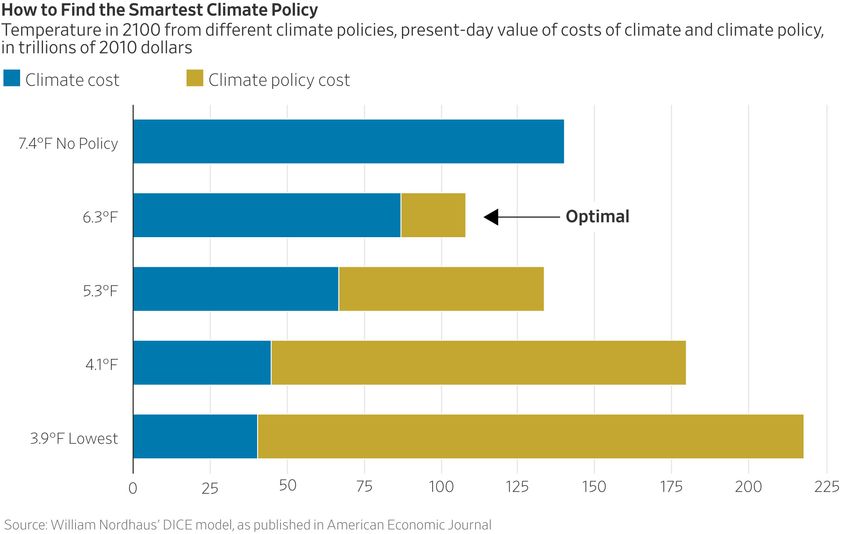(p. B6) The European Union has drawn up plans to classify some nuclear power and natural gas plants as green investments that can help Europe cut planet-warming emissions, a landmark proposal that, if approved, could set off a resurgence of nuclear energy on the continent in the coming decades.
The European Commission said it had begun consultations with European Union countries on the proposal, which is intended to provide a common set of definitions of what constitutes a “sustainable investment” in Europe. Any final plan can be blocked by a majority of member states or by the European Parliament.
“The Commission considers there is a role for natural gas and nuclear as a means to facilitate the transition towards a predominantly renewable-based future,” the statement, released on Saturday [January 1, 2022] said.
. . .
. . ., the political tide has increasingly turned in favor of nuclear power as a low-carbon solution to mitigate climate change — especially a new generation of smaller, cheaper plants across the globe, said George Borovas, head of nuclear practice at the global law firm Hunton Andrews Kurth.
“There will be a nuclear renaissance,” he said. “It’s not going to be for everyone, but it will be for a number of countries.”
Investment money wouldn’t start flowing right away, noted Ms. Drew of Credit Suisse. Banks will need to update their sustainable investment governance for funds offered to clients, to include nuclear and gas alongside renewable energy sources like wind and solar power.
And small modular nuclear reactor projects, in particular, still need to get off the ground. “It’s early days. You have a few people with business plans looking for funding,” she noted.
But as the industry scales up, so will the investments. A number of companies, from Rolls-Royce to Westinghouse, are working on models that can be put together in factories and assembled on site at the fraction of the cost of traditional behemoth nuclear plants.
For the full story, see:
(Note: ellipses, and bracketed date, added.)
(Note: the online version of the story was updated Jan. 4, 2022, and has the title “Europe Plans to Say Nuclear Power and Natural Gas Are Green Investments.”)


